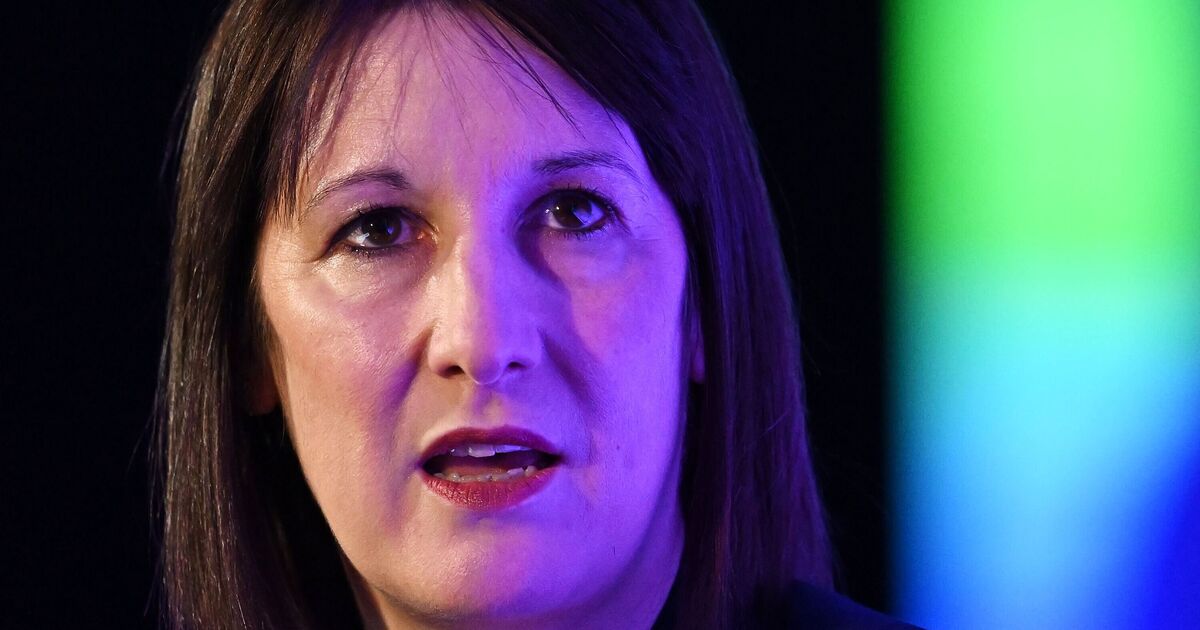Pound plunges to nine-month low as Rachel Reeves under huge pressure | City & Business | Finance
The pound has dropped to its lowest level in nine months after government borrowing costs continued to rise – leaving Rachel Reeves “on the verge” of breaking her self-imposed fiscal rules, economists warn.
It comes as UK 10-year borrowing costs rose to their highest level since the financial crisis of 2008. It’s thought the Chancellor could be forced into further tax rises or cuts to spending plans.
State borrowing costs hit their highest level for almost 17 years on Wednesday as a sell-off continues in the bond market and ongoing investor concerns over the threat of stagflation, PA reports.
The rise in the cost of servicing government debts could cut into Labour’s expected financial headroom in a potentially worrying sign of how investors see fiscal sustainability in the UK.
This contributed to Sterling dropping by as much as 1.1% to $1.233 against the US dollar on Wednesday.
The yield on the benchmark 10-year UK gilt, which reflects the cost of government borrowing, climbed by roughly 12 basis points to a peak of 4.81%.
After the autumn Budget, Reeves was left with only £9.9 billion of headroom to meet her revised fiscal rules. This came despite a £40 billion package of tax increases to fuel higher spending.
Higher debt interest costs may mean the Chancellor would need to trim spending plans or bring in more revenue than expected to meet the fiscal rules.
Kallum Pickering, chief economist at brokerage Peel Hunt, said: “If bond yields rise further, Reeves may be forced to make the economically damaging decision of further increasing taxes or cutting back on planned public spending to balance the books.”
The Chancellor committed last year to having only one fiscal tax-changing event a year.
On Wednesday, the Prime Minister’s official spokesperson said: “I’m obviously not going to get ahead… it’s up to the OBR (Office for Budget Responsibility) to make their forecasts and they’ll make their forecasts at the spring statement in the usual way.
“But I would say when the Government came into office, we made very clear why it’s so important to manage the public finances to deal with the £22 billion black hole that was in the public finances, because having stability in the public finances is precursor to having economic stability and economic growth.”
A Treasury spokesperson told The Telegraph: “No one should be under any doubt that meeting the fiscal rules is non-negotiable and the Government will have an iron grip on the public finances.
“UK debt is the second lowest in the G7 and only the OBR’s forecast can accurately predict how much headroom the government has – anything else is pure speculation.”

